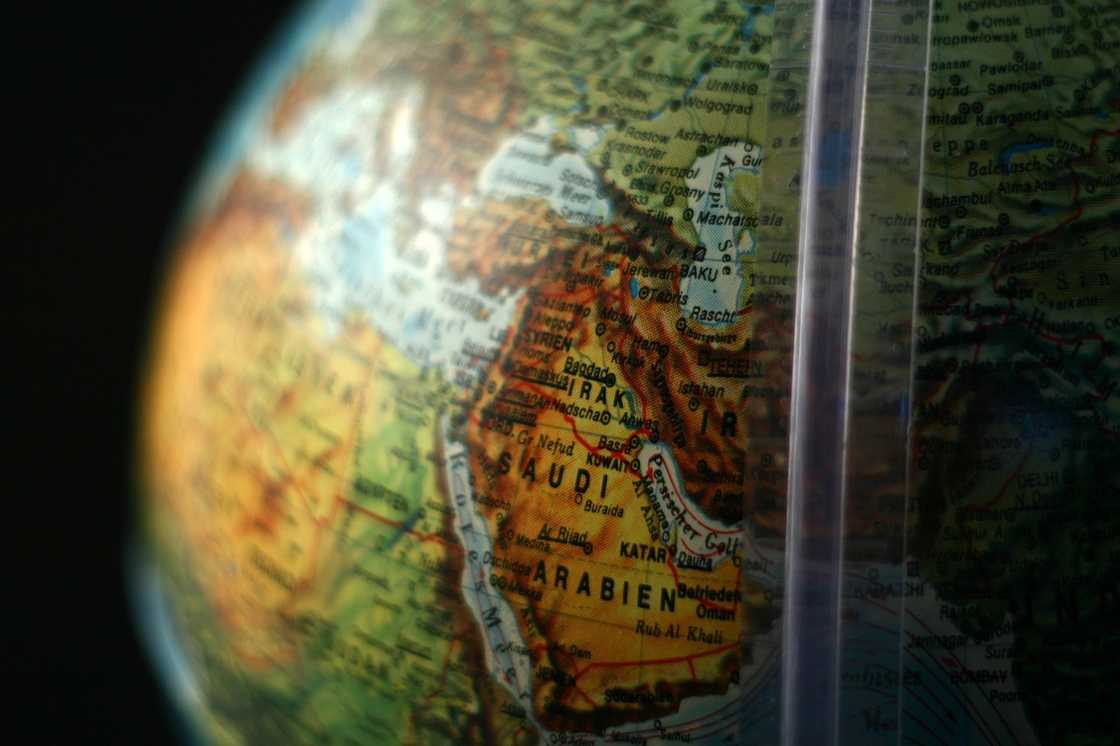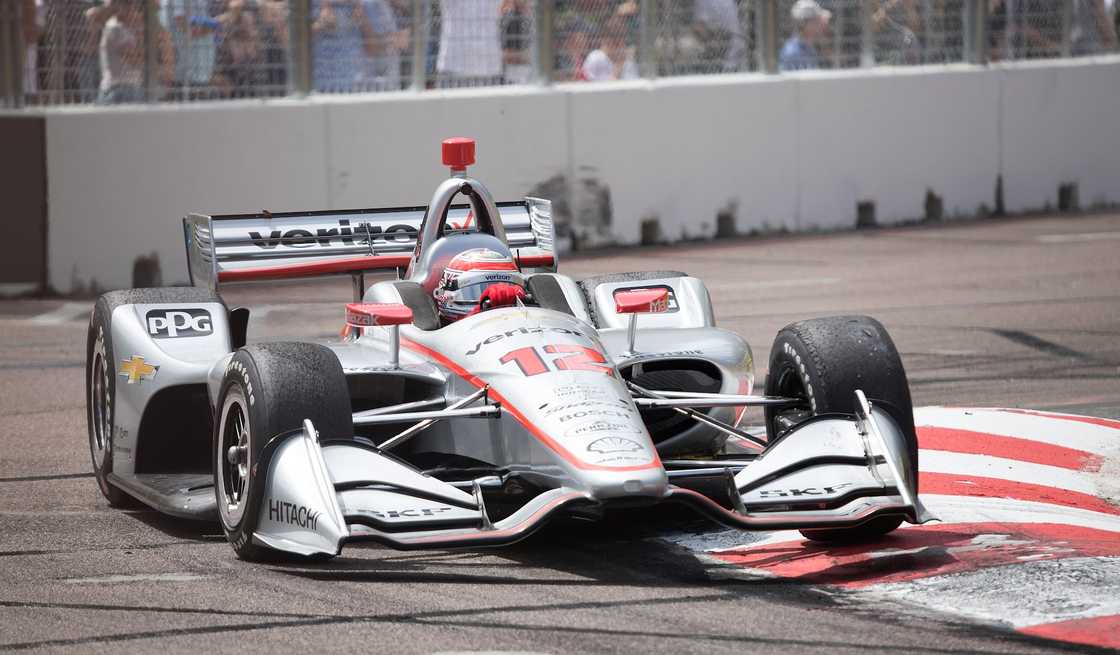Middle East’s Sports Takeover: The New Global Powerhouse
From Desert Sands to Sports Empires: Is the Middle East the New Capital of Global Athletics?
What if we told you that the next global sports capital is not in Europe or North America but in the heart of the Middle East? It sounds crazy, but let’s look at the facts. Billions of dollars are being poured into clubs, stadiums rising from the sand, Formula 1 tracks built overnight, and the biggest names in soccer switching their focus from Europe to Riyadh and Doha. This is not just an investment; this is a sports revolution. Can the Middle East seriously challenge the dominance of Western sports empires? Hold on tight; this is only the beginning.
The Middle East’s Sports Revolution
The thought of the Middle East hosting the biggest sports tournaments in the world seemed impossible just a few decades ago. Now, this region hosts a huge number of sporting events on which millions of bettors happily place bets. And if you click تحميل تطبيق MelBet, you will be able to place them on your smartphone at the most favorable odds. But still, why did the Middle East suddenly become attractive for sports?
Oil-rich Saudi Arabia, Qatar, and the UAE have transformed sports into a multi-billion dollar industry by attracting elite athletes, constructing modern stadiums, and excelling at sports diplomacy. Gulf states have spent over $60 billion on bolstering their sports infrastructure in the past decade alone. This level of investment signifies a profound commitment that goes beyond personal indulgence into a concerted effort to seize control of the international sports market.

Massive Investments in Global Sports
In the Middle East, the investment made into global sports is astonishing. Let us elaborate on it further:
● Football Club Ownership: The Gulf States possess Paris St. Germain, Manchester City, and Newcastle United FC while keeping a watchful eye on purchasing more elite European clubs.
● F1 Dominance: Abu Dhabi, Qatar, and Saudi Arabia have hosted multiple races, bringing in over $1 billion yearly.
● Combat Sports Dominion: Riyadh and Abu Dhabi seem to be becoming the new home of UFC and mega-fights in boxing. The prize purses are setting new records and breaking at the Riyadh and Abu Dhabi venues.
● Olympics and World Cup Aspirations: After using $220 billion in funds for the 2022 FIFA World Cup, Saudi Arabia will host the 2034 edition while increasing all expectations to set further revenue streams.
The level of investment made only seems to imply that the Middle East is not trying to compete with the West. The Middle East is set on taking control.
Hosting the Biggest Sporting Events
The biggest names in sports would traditionally flock to Madrid, London, or New York. Now, they go straight to Doha, Riyadh, and Dubai, where luxurious hotels, modern stadiums, and world-class training facilities are provided.
Qatar managed to set a record with the 2022 FIFA World Cup, but the kind of revenue and tourism they garnered ensured that they would be World Cup hosts in the future. The 17 billion dollars earned during the World Cup, alongside the 1.4 million tourists, proved that Qatar is on the right path. Saudi Arabia aims to one-up them in 2034 by ensuring the world is focused on them as they unveil their new smart stadiums and fan experiences.
UAE tennis, golf, and Formula 1 are also becoming popular in the Middle East, establishing the region as a center for international sports. This is not set for the short term. Instead, it will be in action for 50 years.
Football Stars Moving to the Gulf
The kingdom of the Gulf is where the range of available contracts is jaw-dropping, the lifestyle is luxurious, and the growth potential is unending. So, no, this spread of the golden region – it is the endgame for every football fanatic looking to explore.
Here's why football players are moving to Saudi Arabia and Qatar instead of shifting to more conventional European leagues:
1. Shattering Salary Records: Players in the Saudi Pro League now surpass Premier League stars in earnings, with contracts rising above $200 million per year.
2. Red Carpet Services: The Gulf region is nothing short of a paradise for world-class athletes, with five-star villas, tax-exempt income, and other marks of distinction.
3. Longer Careers at a Slower Pace: Earning more while playing fewer matches means a more extended career for sportsmen.
4. Endless Sponsorships: Gulf leagues hold multi-billion dollar brands as sponsors, which add additional earnings from endorsements and business contracts.
It was once perceived that the Gulf was the resting place for athletes. Look at it now: it is an emerging global football powerhouse.
Formula 1, Boxing & More in the Region
Not limited to football, the Middle East is emerging as a dominating force in global athletics. With billions pouring into MMA, golf, and especially Formula 1, the sports industry in the Gulf is expanding faster than ever. Look at this:
| Sport | Major Event | Host Country | Investment | Annual Revenue |
| Formula 1 | Abu Dhabi GP, Saudi GP, Qatar GP | UAE, Saudi, Qatar | $2B+ | $1B+ |
| Boxing | Heavyweight Title Fights | Saudi Arabia | $500M+ | $250M+ |
| MMA | UFC Fight Island | UAE | $300M+ | $150M+ |
| Golf | LIV Golf Series | Saudi Arabia | $2B+ | $500M+ |
| Tennis | ATP & WTA Tournaments | UAE, Qatar | $200M+ | $100M+ |
From the high-octane heavyweight boxing bouts in Riyadh to the scintillating F1 races in Abu Dhabi, the Middle East is at the forefront.

State-of-the-Art Sports Infrastructure
Do you know what the most advanced sports infrastructure on the planet is? It is the combination of an obsession with innovation and unlimited resources.
Elite training centers are being constructed along with next-gen F1 circuits and stadiums in Saudi Arabia’s Qiddiya Sports City, a mega-project worth 10 billion dollars. Qatar's Aspire Academy serves as the base for the world's best teams and has already produced top-tier talents. In the meantime, luxury training resorts and multi-purpose arenas are still being built in Dubai and Abu Dhabi, turning the Gulf into an athlete's paradise.
Soft Power & Sports Diplomacy
In the Gulf, sports are more than just a means of entertainment – they are a vital political tool. They are being used by Gulf nations to reshape their perception globally and increase their dominion. Here's how:
● Diplomatic Power: Gulf states strengthen their ties with superpowers by hosting international tournaments.
● Tourism and Business Growth: These countries gain millions of tourists and billions in investments from hosting these tournaments.
● Reputation Boost: The Gulf is using sports to change its reputation, which is drawing in talent from business, media, and entertainment.
● Media Domination: Gulf states control narratives around the world by owning international sports leagues on BeIN Sports and other Gulf-backed channels.
The Middle East is no longer just throwing money around. They are efficiently planning how to become a dominant force in international sports.
The Rise of Gulf Football Leagues
Don’t believe that only Europe and its leagues are relevant. The Saudi Pro League, Qatar Stars League, and UAE Pro League are rising at unbelievable speeds due to government support, sponsorship deals worth millions, and competitive acquisitions. Saudi Arabia alone is spending over $1.5 billion on player transfers, and viewership is skyrocketing. Gulf leagues are now one of the fastest-growing regions in football, with millions of fans from Asia, Africa, and the Middle East tuning in.
Is the Middle East the Future of Sports?
The stats don’t lie. The Middle East is not just another player in the field but the new king. With a boundless budget, a clear vision for the future, and ambition that goes beyond the globe, the region is changing the rules of the industry. The best leagues, the largest events, and the fastest cars. It’s all headed east. This isn’t a trend: it is the future, and the Middle East is leading!
[Sponsored]
Source: Legit.ng


